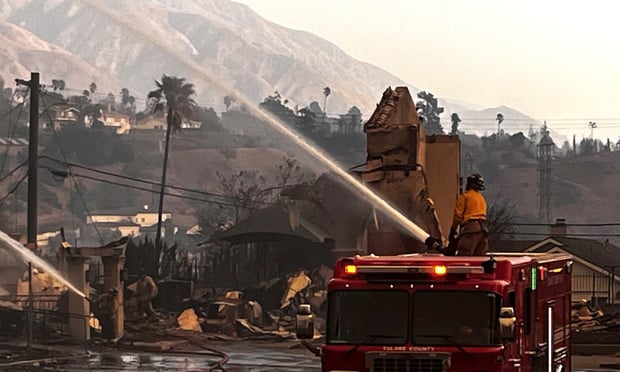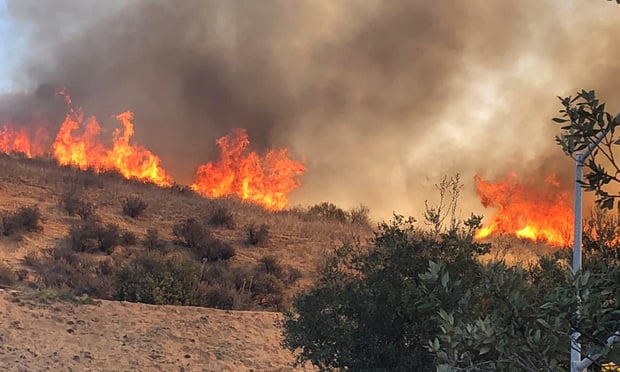As the U.S. Gulf Coast, Southeast, and Caribbean recover from the devastation caused by Hurricanes Harvey and Irma, the insurance industry is working overtime to help policyholders get their lives and businesses back on track.
In addition to providing assistance to those directly in the storms’ paths, insurers are helping those with travel insurance whose trips have been canceled or disrupted. Call volumes are high across the industry — with some more than doubling since the storms first started.
Some insurers are proactively contacting partners that sell their travel insurance and reaching out to consumers potentially impacted by Harvey and Irma to provide guidance on submitting claims. Policyholders, however, should not wait for insurers to contact them. Rather, they should be prepared to take a proactive approach and submit claims on their own.
Is my trip covered?
The main question on most people’s minds of course is, “Will my policy cover this event?” The good news is that for many, the answer is yes, as long as the travel insurance was purchased prior to the storm becoming a foreseeable event (in Irma’s case that was August 30). A hurricane would be a covered event.
Every policy is different, but as long as travelers have trip cancellation, interruption or delay coverages – they are likely covered in varying degrees. Beyond reimbursing flight or trip costs, a plan may also cover reasonable out of pocket expenses for things such as accommodations, meals and transportation costs incurred due to the storms’ effects.
It is always recommended that consumers check with their travel supplier first before submitting a travel insurance claim since a refund or waiver for the trip may already have been activated. Many airlines, cruise lines and tour operators are waiving change fees, cancelling routes and offering credits without penalty. Others are re-scheduling trips on behalf of travelers automatically.
Related: The real risk of virtual kidnapping at home and abroad

It's important to know what a travel insurance policy does and does not cover before submitting a claim. (Photo: iStock)
Submitting a claim
Prior to submitting a claim, consumers should read their travel insurance policies to familiarize themselves with coverages and terms that apply during hurricanes, as well as services that are included such as concierge services, which could be highly beneficial during this stressful time. After policy holders familiarize themselves with their coverages, they should assemble the requisite information (i.e., receipts and supplier documentation) and begin the claim submission process.
It is also advisable to submit your claim as soon as you know that a loss is covered. At this point, we are likely beyond the typical 50% threshold in terms of the amount of a trip that has to have been missed in order to initiate a trip cancellation claim. So, while policyholders do have up to one year to file a claim, why wait? And with claim volumes steadily rising, filing a claim as soon as possible will help expedite the process and reimbursement.
Unfortunately, problems like hurricanes happen more often than many realize. One in six U.S. adults reported having to cut a trip short or change travel plans. Of those affected, only 22% had travel insurance, according to a recent U.S. Travel Insurance Association survey. Many sectors of the travel industry are still offline or repairing facilities due to the storms, which will impact travelers for months to come.
Related: Claims magazine recognizes insurance industry leaders for innovation
For example, the Florida Keys are closed to tourists and resorts on the U.S. Virgin Islands will take months to re-open. Travel insurance will pay it forward for policyholders in the months to come as the real effects of Irma are understood.
So, with hurricane season still underway, travel cancellation or disruption is always a risk and travel insurance remains the best way to protect your travel investment. Reading about coverages and being prepared to file claims are sure ways to maximize the benefits of an insurance policy. The better informed you are about your travel insurance purchase, the happier you will be with it.
Chris Carnicelli is the CEO of Generali Global Assistance, North America, a subsidiary of Generali Group. CSA TravelProtection, recently rebranded to Generali Global Assistance for travel insurance. For more information, contact him at [email protected].
Want to continue reading?
Become a Free PropertyCasualty360 Digital Reader
Your access to unlimited PropertyCasualty360 content isn’t changing.
Once you are an ALM digital member, you’ll receive:
- Breaking insurance news and analysis, on-site and via our newsletters and custom alerts
- Weekly Insurance Speak podcast featuring exclusive interviews with industry leaders
- Educational webcasts, white papers, and ebooks from industry thought leaders
- Critical converage of the employee benefits and financial advisory markets on our other ALM sites, BenefitsPRO and ThinkAdvisor
Already have an account? Sign In Now
© 2025 ALM Global, LLC, All Rights Reserved. Request academic re-use from www.copyright.com. All other uses, submit a request to [email protected]. For more information visit Asset & Logo Licensing.








